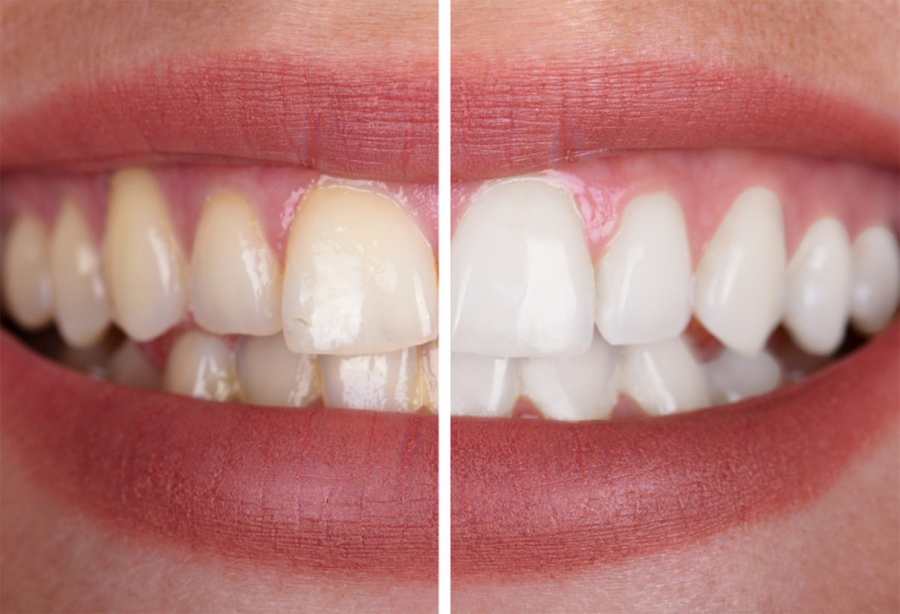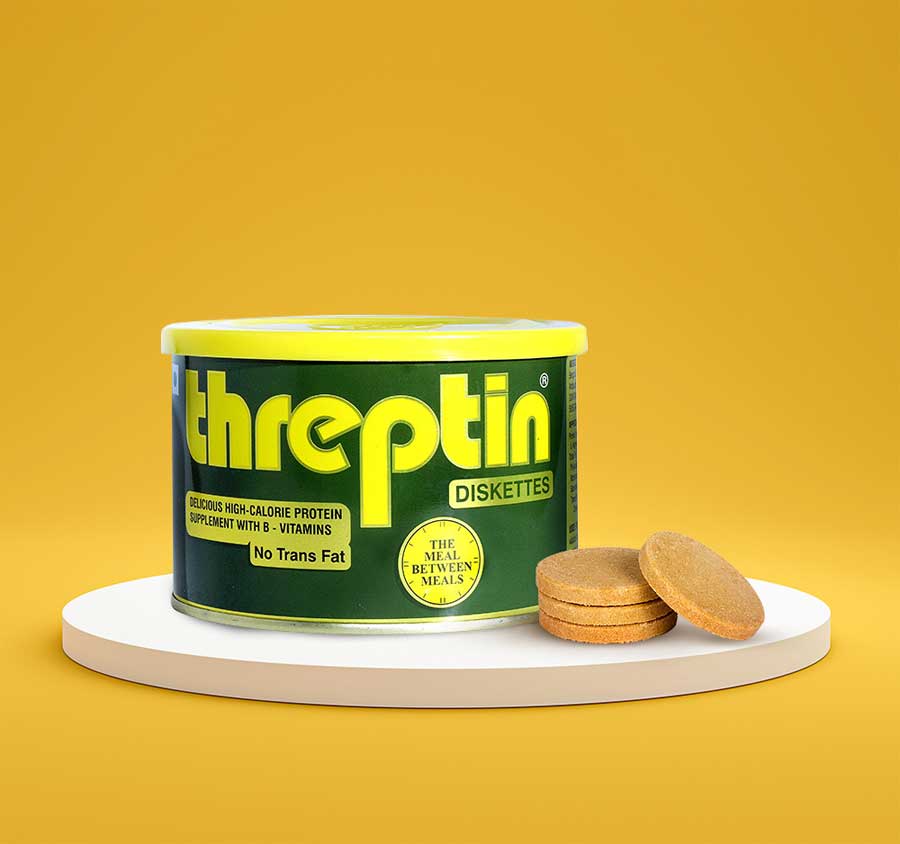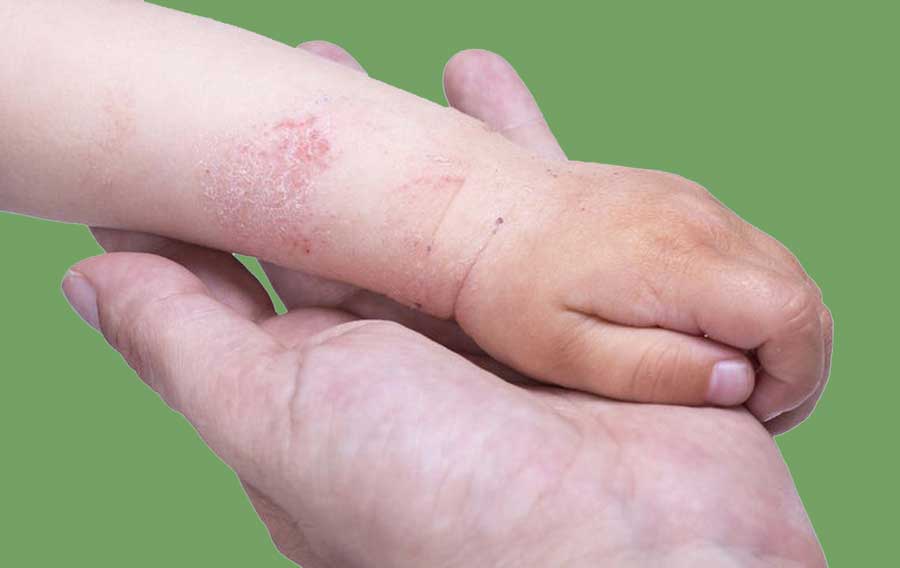How to prevent calcium buildup on teeth is to maintain good dental hygiene. This involves brushing your teeth every day, checking your teeth twice a year, cleaning your teeth with dental floss, and so on.
What is Calcium Buildup
Calcium buildup is calcium deposits or what is called the formation of tartar, or calculus. This is plaque that hardens and forms on the teeth. This is a sticky film that coats the teeth and it contains bacteria. Plaque that is not cleaned regularly will become sticky coat your teeth and contain bacteria.
When this plaque is not cleaned regularly, calcium deposits form, known as tartar. Tartar usually forms on parts of the teeth that cannot be reached when a person brushes their teeth. Even if we take good care of our teeth, calcium deposits can still form. For this reason, cleaning and dental care from a dentist is still necessary.
Once calcium or tartar forms, this tartar cannot be removed by brushing your teeth. So special treatment is needed, otherwise the buildup of plaque or tartar can cause other problems, whether tooth decay or other complications.
In this article, we will share how to detect dental plaque formation, how to remove it, and How to Prevent Calcium Buildup on Teeth.
Signs and Symptoms of Calcium Deposit Formation
Initially, the buildup of plaque or tartar has no obvious symptoms. But this forms slowly and is not noticed by everyone so plaque forms. This is experienced by everyone, which is why we have to have our teeth cleaned specifically by the dentist every year. This plaque buildup is not just an aesthetic problem but can become a serious health problem if not treated properly. It can cause serious dental problems and various other health problems. So, let’s pay attention to the main signs of calcium deposits. Among others are:
- Sticky coating on teeth
- Chronic bad breath known as halitosis
- Gums bleed after brushing your teeth or after cleaning your teeth with dental floss.
These calcium deposits can damage your teeth if you don’t handle them properly. Among the serious dental problems that can arise due to tartar buildup are:
- Gingivitis or gum disease
- Periodontitis (gum infection)
- Gum recession
- Cavity
- Tooth abscess (infection)
- Loss of teeth
Removing Calcium Deposits
One way to remove plaque deposits is to brush your teeth diligently, and floss your teeth, you cannot remove all the plaque but at least there will be something that can be cleaned and can prevent deposits from occurring in the future.
But tartar sometimes appears not only above the gum line but below the gum line. So, tartar that forms in or below the gum line cannot be cleaned by yourself, it can only be cleaned by a dentist. This is one of the main goals of regular teeth cleaning. To remove tartar or plaque deposits, dentists use several methods.
1. Scaling
Remove tartar using special tools. Now dental experts or dentists are using modern tools to scrape dental plaque which are called ultrasonic scrapers. This is a tool that vibrates at a fairly high speed and releases water, making it easier to clean tartar or calcium or tartar buildup on the teeth.
2. Polishing
After cleaning your teeth from plaque or tartar, the dentist will smooth the rough areas of tooth enamel and clean them deeply. This cleaning will not only improve the appearance of your teeth but also remove rough parts of the teeth which can become nesting sites for bacteria and calcium deposits.
3. Scaling and root planning
If the case is more difficult, then the dentist will need to do the work more extensively. Usually, this is when it comes to removing calcium or tartar deep below the gum line, or at the roots of teeth and around the bones.
In general, this method of getting rid of calcium deposits is done with or without pain. But it’s different if your gums are diseased or need a deep cleaning of the tooth roots, then you need local anesthesia.
Don’t Try It at Home
Sometimes you have a tartar removal tool or bought it online, so don’t do it at home. You won’t be able to see the gums or teeth well so this isn’t an easy thing for you to do. This could risk damaging your teeth, or your gums. That is why, you are not allowed to use tartar cleaning instruments without training like a dentist.
How to Prevent Calcium Buildup
An easy way to prevent calcium buildup is to maintain regular dental hygiene. Regular dental care can remove plaque and keep your teeth and gums healthy.
Apart from dental care at the dentist, several things are important for you to do, including:
1Brush your teeth properly: Brushing your teeth thoroughly for at least two minutes will help keep your teeth clean. You should brush your teeth at least twice a day and reach as many parts of your teeth as possible. Electronic toothbrushes usually remove plaque better.
2Flossing: Clean your teeth with floss at least once a day. Clean the parts of your teeth that you can’t reach with a toothbrush.
3Eating habits: A balanced diet can keep your teeth healthy, avoid snacking too much, especially foods that stick to your teeth. Make sure you brush your teeth after snacking, if possible avoid sweet foods, soda, and candy.
4Water irrigation systems: Water irrigation systems such as water pik can remove calcium and bacteria buildup at the gum line. So, flossing with water is very good for those of you who don’t use dental floss.
5Regular dental visits: Visit the dentist regularly because a good level of oral hygiene cannot completely prevent the buildup of potassium or tartar in certain areas. So, it is very important to have regular teeth cleanings twice a year with a dentist.
Summary of How to Prevent Calcium Buildup on Teeth
Calcium buildup, also known as tartar or calculus, occurs when plaque hardens in the tooth area. Not only does this cause yellow, brown, or black deposits, but it can also cause bad breath and even bleeding gums. If the condition of calcium accumulation is not treated, this will cause more serious health problems such as cavities, gingivitis, periodontitis, tooth loss, and various other dental problems.
Flossing alone is not enough to remove these calcium deposits or prevent future deposits from forming. But you need to visit a dentist so you can get the maximum cleaning. Apart from taking care of your teeth with a dentist, you also have to do several things regularly such as brushing your teeth twice a day, flossing at least once a day, and eating a balanced diet. Avoiding sweet, sticky foods such as candy and excessive snacking can also help keep your teeth clean.










